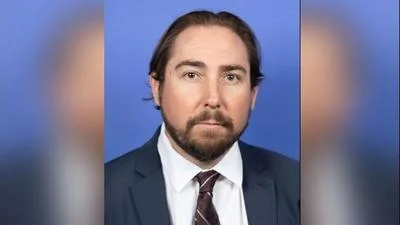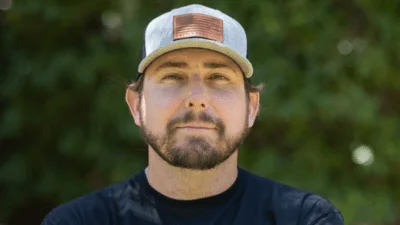The past two years have put public health preparedness on center stage as our country grapples with the ongoing pandemic. All the while, we have remained vigilant and prepared for the next unknown challenge facing communities across our state. Public health partners across Arizona have risen to the occasion and have done amazing work responding to the current crisis while preparing for the next one.
One way to gauge our state’s level of preparedness is the Trust for America’s Health (TFAH) annual report titled Ready or Not: Protecting the Public’s Health from Diseases, Disasters, and Bioterrorism. The document assesses each state by looking at key performance metrics covering a broad array of topics ranging from public health accreditation status to laboratory surge capacity. This year’s report says Arizona has made “notable progress” and has moved up a tier alongside other states such as California, Texas, and New York.
Arizona continues to receive high marks for its participation in the Nurse Licensure Compact, which allows nurses from participating states to practice in other participating jurisdictions. In an event like a pandemic, the ability to quickly increase the number of qualified medical personnel by bringing in additional healthcare workers from out of state is critical to health care readiness. Additionally, the Arizona State Public Health Laboratory received a top score for its ability to handle a six- to eight-week surge in testing capacity.
Our state received the third-highest score in the nation for our “comprehensive public health system.” This measure is based on key public health activities such as conducting community needs assessments, the availability of laboratory services, and cultivating communication relationships with health-related organizations. As in previous years, we received a high score for our Public Health Accreditation Board (PHAB) status and our participation in the Emergency Management Accreditation Program (EMAP). These accomplishments represent our state’s willingness and ability to meet the highest standards for both public health preparedness and emergency management.
One area for improvement is the percentage of residents six months or older who received a seasonal influenza vaccine. According to the Centers for Disease Control and Prevention (CDC), 48% of Arizonans indicated that they received a flu shot, which is somewhat lower than the national average.
This year’s TFAH report demonstrates our commitment to improving preparedness across the state. Along with our county, tribal, healthcare, and emergency management partners, we will continue to work toward a more resilient future and protect the health of all Arizonans.
Original source can be found here.






 Alerts Sign-up
Alerts Sign-up